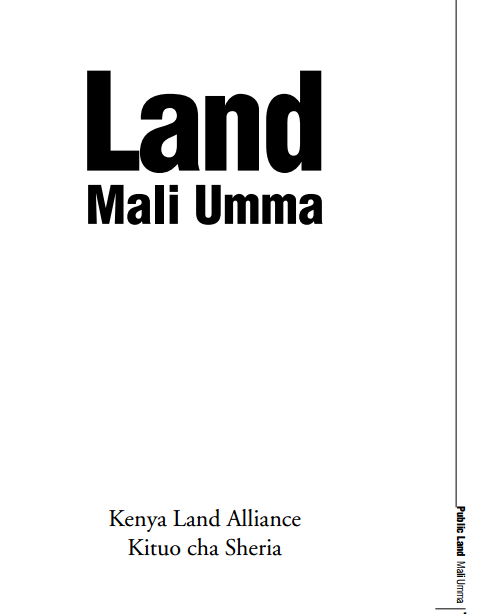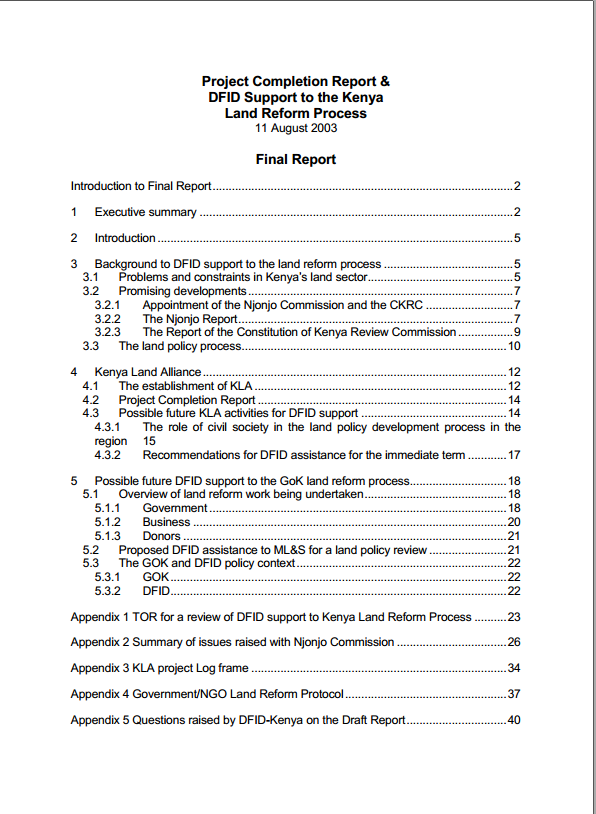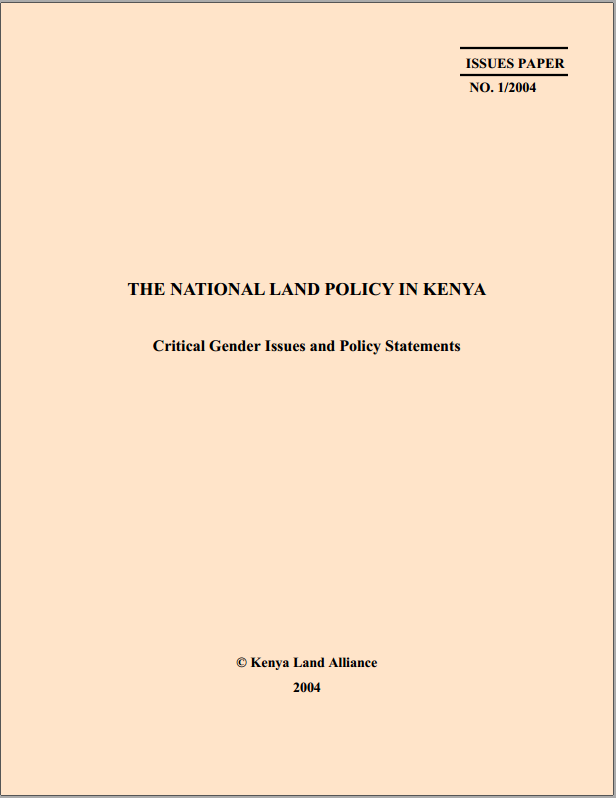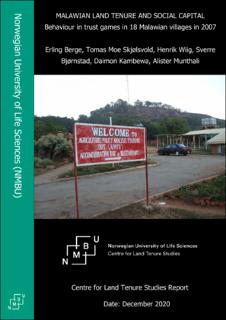Campaign for the Enactment of The Ghai Constitution in Time for the Forthcoming Election and to Complete the on-Going Reform Agenda
The KLA proposed constitutional principles on land reform as captured in the constitutional draft have become more pronounced with the approach of General Elections and the transition that is expected to see the departure of President Moi from leadership. We therefore, detest the frantic efforts to go to the forthcoming elections before adopting the Ghai draft constitution, because that will be endangering the aroused expectation that at long last we are on the road to sorting out land problems we have lived with since independence.












